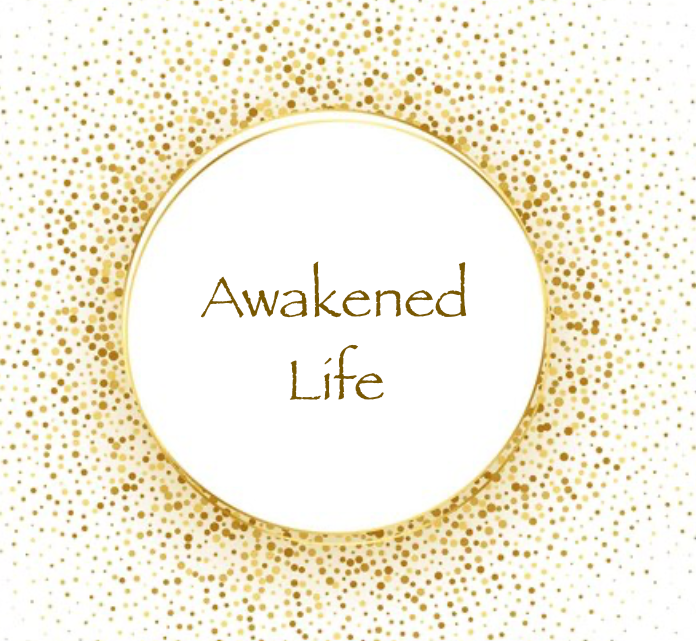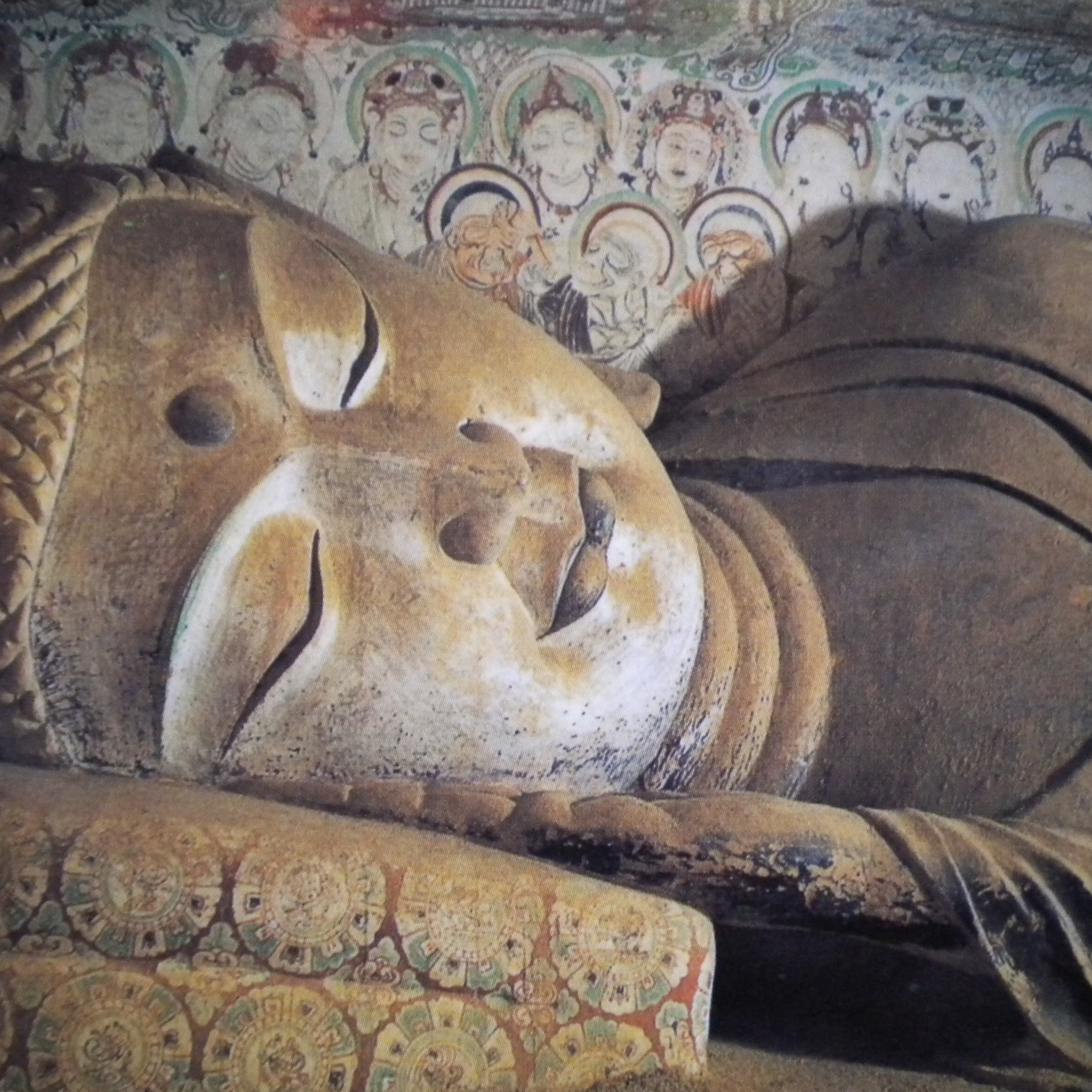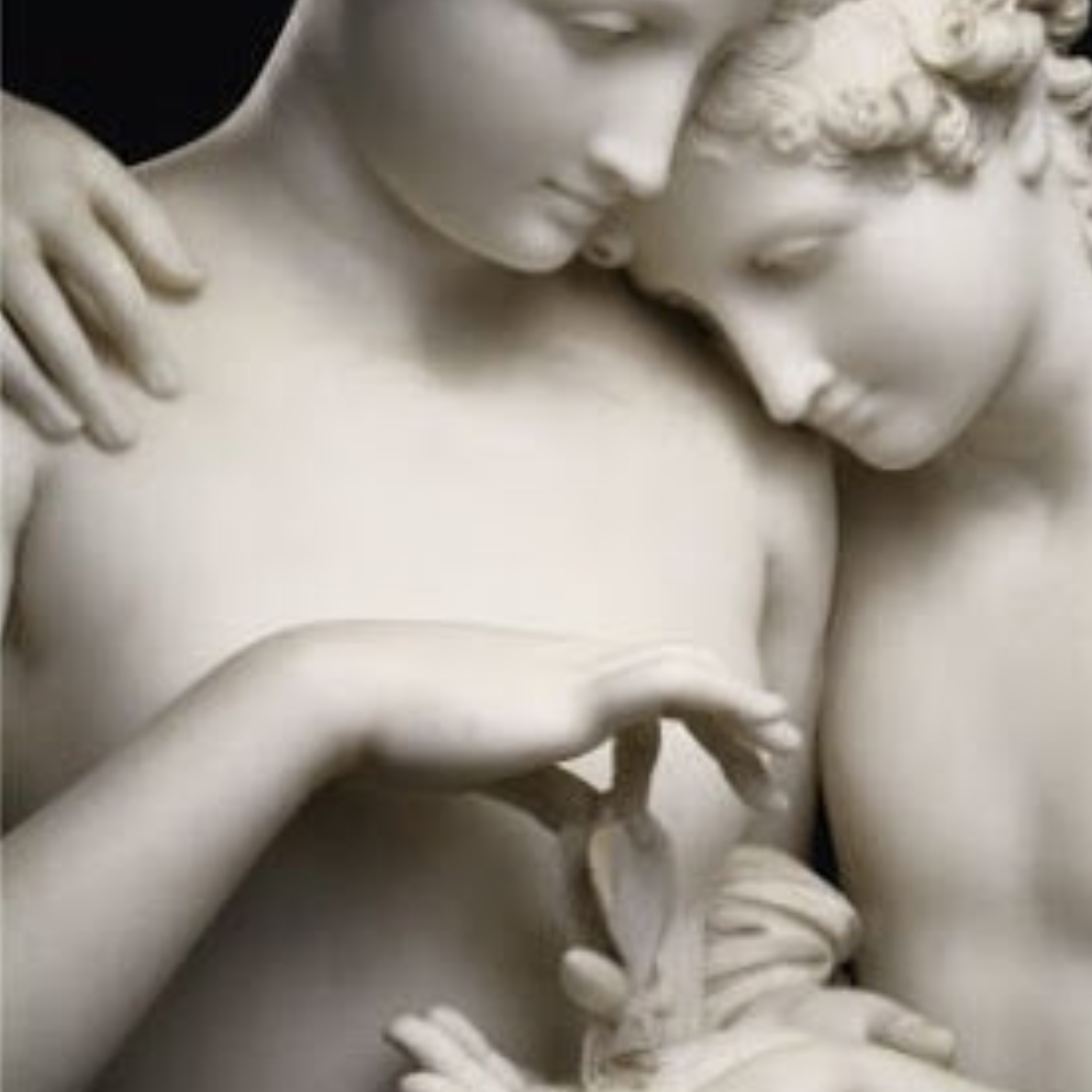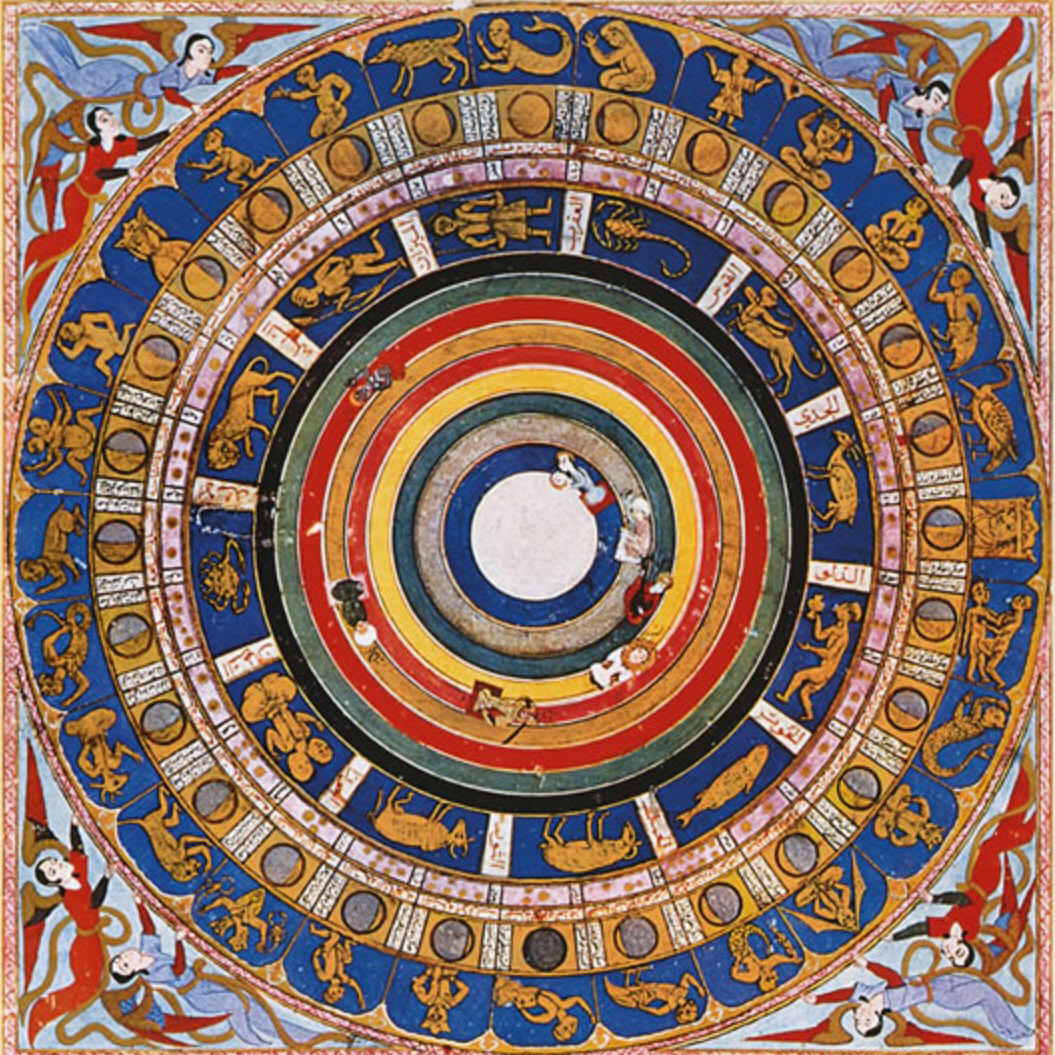Who am I?
The Story of the Self
"Who am I?” is a fundamental question that lives in the heart of every human being. For some of us this question ignites a quest that illuminates a lifetime of self-discovery.
You may have found that a therapist can be an ally as you navigate this perennial path of self-exploration. Like the poet Walt Whitman, who celebrated that “I contain multitudes," perhaps you’ve realized that the self is evolving, fluid and multidimensional. No doubt you’ve discovered buried treasures even in the shadowy multitudes of self, the ones that whisper from beyond the light of consciousness. Over time you’ve come to know deeper aspects of your self but you sense there is still more.
The Story of the Separate Self
Imagine how comfortable it was living in the warm coziness of mother’s body where every need was immediately satisfied. There is no need to even order takeout for dinner. And imagine how overwhelming it was for each of us to eventually be rejected by our mother’s body and wrestled from a blissful unity into the world as a separate being. As we take our first breath we’re confronted with the Buddha’s First Noble Truth that our life as a separate being is inherently stressful.
Despite the continual demands of life, we're naturally gifted with the means to survive and thrive. For example, neuroscientists now claim that humans and other species possess “mirror neurons” that empower us to be master imitators. We are born with this innate responsiveness that enables us to adapt our behavior based on the nonverbal feedback of others.
Our native openness is an essential quality of our being, whether or not you believe it is dependent upon neurons. Our emerging story of the self is shaped by assimilating the unconscious projections of those who care for us. Throughout our lives this dynamic fluidity of consciousness enables us to continually shape a sense of self based on the continual flow of our experience.
"Your real nature is welcoming." Jean Klein
Consciousness is infinite although we learn to experience it as localized in finite individual minds. Shared consciousness is an essential quality of our being but every aspect of our lives is directed by the primary assumption that we exist as completely separate entities. The belief that we are fundamentally separate is unquestioned even though absolutely nothing has independent existence. Cultures certainly vary in their beliefs about the relationship between self and other. But the dominant paradigm today defines the self as a singular mind, distinctly separate from others, and primarily dependent upon an individual physical body for its existence.
As a psychotherapist, I came to realize that the experience of living solely as a separate self leads to the level of alienation that underlies common mental health problems like depression and anxiety. Many people experience cycles of demoralizing inadequacy that are generated by the burden of feeling so separate and accompanied by thoughts like I’m not good enough, not powerful enough, not loved enough. Collectively this assumption that we are fundamentally separate leads to exploitation and conflict. Our exaggerated investment in the belief of separation results in us feeling severed from our roots, the nourishing source of our essential humanity.
We know no other way to imagine being in the world except as a singular body/mind complex that is constantly striving to define itself as distinctive and valuable. But our nature is essentially fluid and open so we may seek to empower our experience of self through the compulsive accumulation of material goods, power and achievements.
We've been thoroughly trained to believe we exist as separate entities like billiard balls that rolling past each other and occasionally touching. It's unsatisfying to experience life solely as a separate self among others who all believe they are also separate selves and nothing more. But is there another way? How can we recover from the demoralizing burden of separateness?
From the Separate Self to the Creative Self
Our story of self is born from what Buddhists call the “causes and conditions” that emerge from the collective stories of our ancestors. As children the essential openness of our consciousness allows us to absorb the unconscious projections of our caregivers to create our reality about self and the world.
For many decades our mind recycles an endless stream of thoughts and feeling states that appear to constitute the self. But these mental formations are actually only a self-reinforcing trance state. Do we ever wake up from the trance of our story about the self?
One path to recovery involves becoming more conscious of the stories we unconsciously assumed early in life and have reinforced ever since. Psychotherapy typically offers practices to help us wake up and investigate the default patterns and beliefs we now want to outgrow. But rarely does psychotherapy investigate the essence of self or the ideology of separation.
Dreaming the Self into Being
In the course of daily life, our minds habitually reinforce the narrative we identify as the self, who we think we are. By day you are busy being “you” but every night you are free to manifest the creative potential of consciousness through your dream life. When the curtains come down on the external stimulation of daily life, consciousness is free to dream a new self into being. As Salvador Dali said, "When we are asleep in this world we are awake in another."
"Dreams unfold in that small theater in the brain which we keep brightly lighted all night long." Robert Louis Stevenson
This theater of the imagination is a multiverse that transcends any conventions of time and space. Nowhere is the poet Walt Whitman’s claim “I contain multitudes” more true than in your dream life. In dreams your inner artist feels free to experiment with self, to celebrate its multidimensionality and many expressions of being. Every night we dream ourselves into being. Do we also dream ourselves into being every day?
While dreaming your experience of self and the world feels very real to you. But upon awakening you typically consider your dream experience was a only projection of mind. Could it be that “we wake from one dream into another dream," as the poet Emerson once mused? Perhaps everyday life is also a projection of mind?
During the lucid dreaming experience you can become aware that you are dreaming while you're asleep. Can we become lucid in our waking life too? Tibetan Buddhist Lojong practice (mind training) advises us to “regard all dharmas as dreams.” Our everyday reality and our self-identity may appear very solid, fixed and permanent but they are more fluid and ephemeral, like a dream, than we think. Can we wake up from the trance of everyday life and consciously live a more fluid, fulfilling and inspiring story of the self? Yes, we can.
When asked to contemplate the question "Who am I?" most people refer to the multitude of social roles, beliefs and qualities they've identified with their narrative about the self. But what if who you think you are is a case of mistaken identity?
Who is creating your multidimensional self? Who is the one that creates “you” in both your everyday life and in your dream life? Is it, as Ajahn Chah said, "the one who knows? Now we're back to that fundamental question, “Who am I, really?”
artwork: Rudy Autio
The Awakened Life™ by Hollye Hurst. All Rights Reserved
Illuminations Blog







